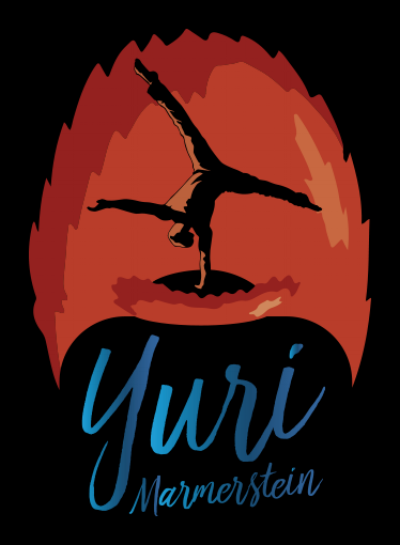Do you practice Skill-Based Fitness?
When we think about fitness, generally the first images that come to mind are lifting weights, running, stretching, or maybe playing a recreational sport.
On a good day, typical fitness training involves increasing attributes like strength, endurance, or flexibility. On a worse day, it’s running on the literal or figurative hamster wheel to hit some quota of movement for the day.
One thing that I think is missing from many methods and approaches is the idea of skill based fitness. The idea is not necessarily to get bigger or stronger or faster, but to learn and improve upon the skill in question. Of course, the skill may require a certain level of the attributes mentioned, but the priority is the skill.
Many sports and movement modalities do this already, but it’s less prevalent in the modern approach to fitness. You already know how to run, lift, etc, so in order to improve it you will need to go faster, further, or add more weight to the bar.
Skill training is not only fun, but it can break up the “workout” monotony by giving you different options to fail. These failures are teachable moments you can use to refine your own learning process. It works a different part of your brain that may have been inactive since childhood.
Many adults out there haven’t taken time to learn a new skill in years. Maybe it’s the comfort of knowing what you can do, or the fear of failure, but adults can be very hesitant to try something new.
A few great options for skill-based fitness are Martial arts, dance, or gymnastics/acrobatics. Body conditioning is extremely important in all these disciplines, but the main focus is on developing skills and combinations.
Skill work can be frustrating since failure is a big part of it, but it’s also very satisfying when things do come together. It’s a way to add a new level of enjoyment to your training which will keep you coming back.
Skills help improve your learning process, your mind-body connection, and make you more interesting as a person.
Allow yourself to fail, allow yourself to learn, and watch yourself improve.
Are you currently training skills in your physical practice?
In my personal practice, I typically separate the skill versus attribute work. This helps a lot to organize my training and set clear goals.
